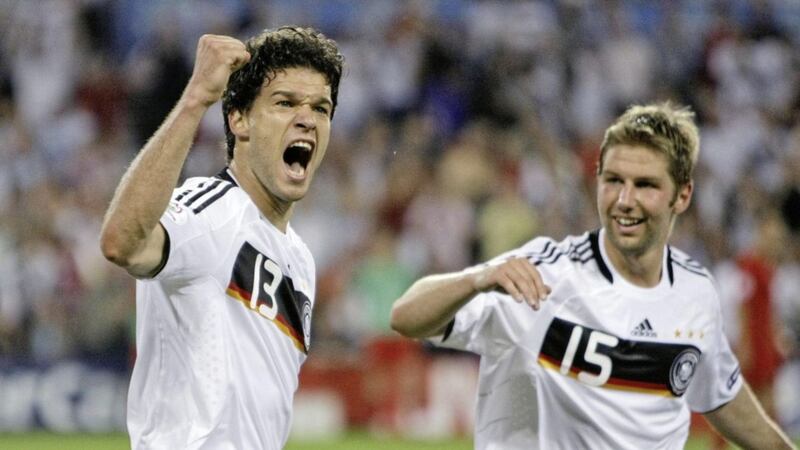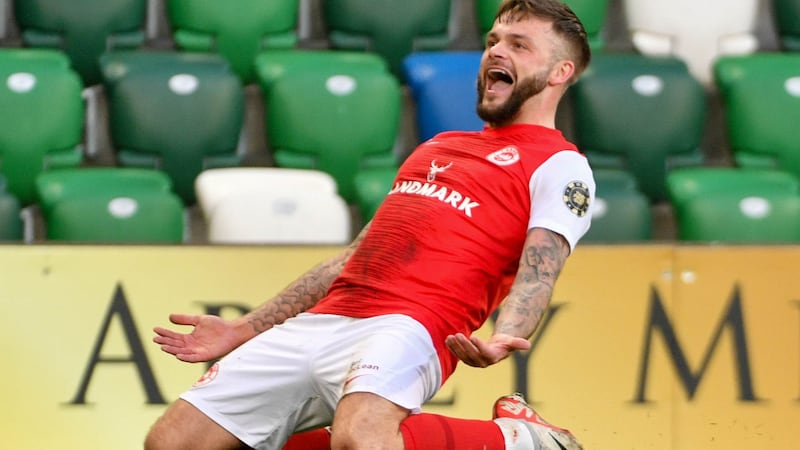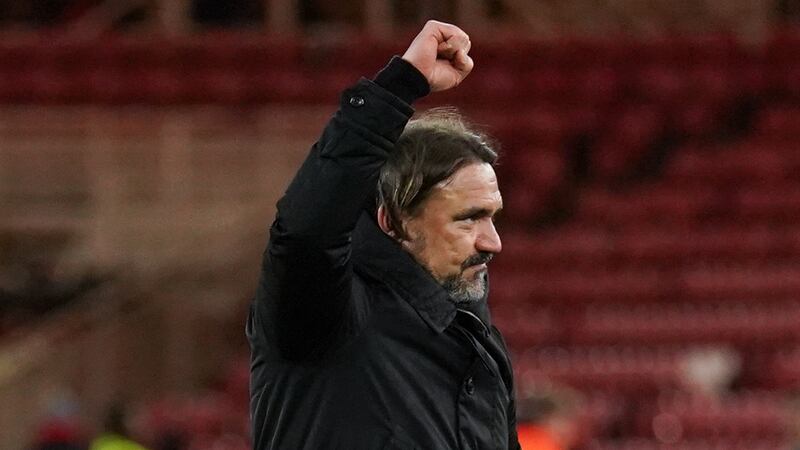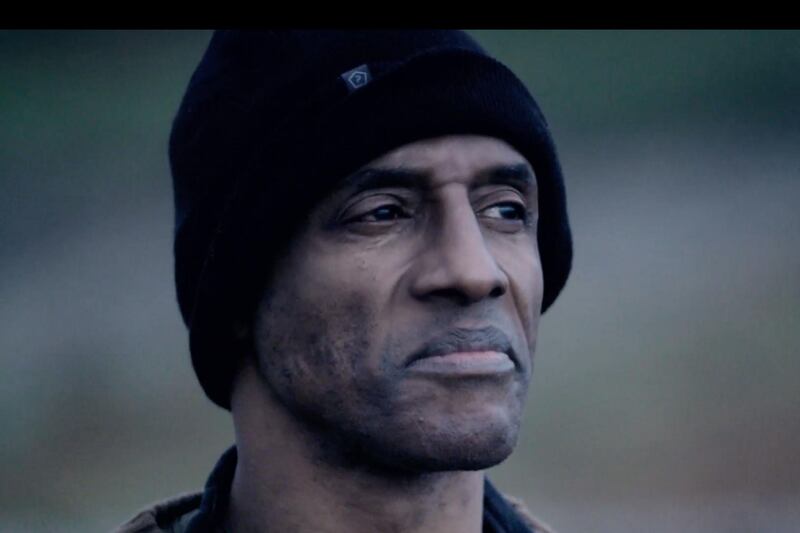ARE you coming out? That used to be a simple enough question to answer for most people, after factoring in was it 'a school night' (actual or metaphorical), did you have much/ any money, and did you really like the person who was asking.
Now, though, as many people ponder the risk of contracting coronavirus by going to a pub, club, or even a café, more of the populace may understand to a small extent the fear felt by those for whom that question has always meant something different.
Society has moved forward here, albeit more so in the south than the north of Ireland, with most people having no problem with anyone else being any shade of the LGBTQ rainbow.
Yet there's still a certain stigma attached to 'coming out' in sport, notably in the world's most popular game, soccer. There are high-profile lesbians in the women's game but, as yet, no gay male icons.
Watford's Troy Deeney spoke on the subject recently, saying: "I would go on record saying that there is probably one gay or bi person in every football team. They're there, they are 100 per cent there.
"I think people that are gay or from that community definitely are very worried about having to shoulder the responsibility of being the first. I think once the first comes out, there would be loads."
However, it's almost 30 years since Justin Fashanu came out and the consequences for him are not encouraging.
Admittedly his career had been struggling for some time, but Britain's first £1m black footballer, scorer of the fabulous 'Goal of the Season' a decade earlier, and still only 29, never played for a major club again.
In May 1998 he died by suicide in London after fleeing from sexual assault charges relating to a 17-year-old boy in the USA.
That £1m move to Nottingham Forest in the summer of 1981, just over a year after the club had won back-to-back European Cups, ended in failure.
Forest boss Brian Clough, a brilliant manager but a nasty man at times, apparently banned Fashanu from training with his team-mates after discovering the player's visits to gay clubs and bars.
Clough's attitude was far from exceptional then, of course, rather the norm.
Even now, though, I wouldn't necessarily share Deeney's optimism that a male footballer coming out would quickly be followed by many more: "If they came out and said it, I genuinely believe you would get, in the first week, at least 100 people that went 'me too'. Just because they don't want to be the face of it."
My pessimism is shared by an anonymous Premier League footballer, who had a letter published by the Justin Fashanu Foundation at the weekend.
He wrote: "There is something that sets me apart from most of the other players in the Premier League, I am gay. Even writing that down in this letter is a big step for me.
"But only my family members and a select group of friends are aware of my sexuality. I don't feel ready to share it with my team or my manager.
"That's hard. I spend most of my life with these guys and when we step out on the pitch we are a team.
"But still, something inside me makes it impossible for me to be open with them about how I feel. I dearly hope one day soon I will be able to."
After Troy Deeney's comments, the LGBT campaign group Stonewall's director of sport Robbie de Santos said: "It's important that we all avoid speculating about players' sexual orientation, as this can spark a frenzy of people trying to guess who these players might be.
"No one should feel pressured to come out. To help make sure everyone feels free to be themselves in football, it's vital that allies - as fans, players, clubs and leading organisations - come out in support of LGBT rights and make sport a more accepting environment for all LGBT people."
At least the lack of speculation about this particular player's identity is encouraging.
Deeney suggested that coming out might actually be easier: "I also wonder why people finish [playing]…and then go 'I am gay'. I feel like it must be a real heavy load to carry throughout all your whole sporting career."
The letter to the Justin Fashanu Foundation effectively explained why gay players adopt that approach:
"The truth is I just don't think football is ready yet for a player to come out. The game would need to make radical changes in order for me to feel able to make that step.
"What those running the game need to do is educate fans, players, managers, agents, club owners - basically everyone involved in the game.
"If I was to make that step I'd want to know that I would be supported at each step of my journey. Right now, I don't feel I would be."
While leading a double life must be a burden, it still might not be worse than suffering verbal and perhaps physical abuse for coming out while still playing.
Obviously that's a very personal decision for those involved. Yet just as a white person can't truly know how it feels to be BAME, straight people cannot understand the strain of having to hide part of one's true self.
Society doesn't always progress, and there are many concerning indications that regressive attitudes are on the rise, towards anyone perceived as 'different' from the majority.
The majority of soccer supporters probably don't care about a player's sexuality, only about how good (or bad) he is on the pitch. There are many gay fans.
Yet there are still the homophobic songs sung whenever playing Brighton (because of that city's large gay community), or the derogatory chant directed at Chelsea, for example.
Former Aston Villa and Germany midfielder Thomas Hitzlsperger only spoke publicly about being a gay man in football in 2014, following his retirement as a player. He is now head of sport at another former club, Stuttgart.
The letter-writer suggested that he would not come out while he's still playing: "I wish I didn't have to live my life in such a way. But the reality is there is still a huge amount of prejudice in football.
"I know it might get to the point where I find it impossible to keep living a lie. If I do, my plan is to retire early and come out.
"I might be throwing away years of a lucrative career. But you can't put a price on your peace of mind. And I don't want to live like this forever."
Maybe what is needed is a co-ordinated 'coming out' campaign involving male footballers, so that it's not just one person in the spotlight; so that the suggestion that 'there is probably one gay or bi person in every football team' is shown to be entirely true.
And that it's nothing to get excited, never mind annoyed about.







